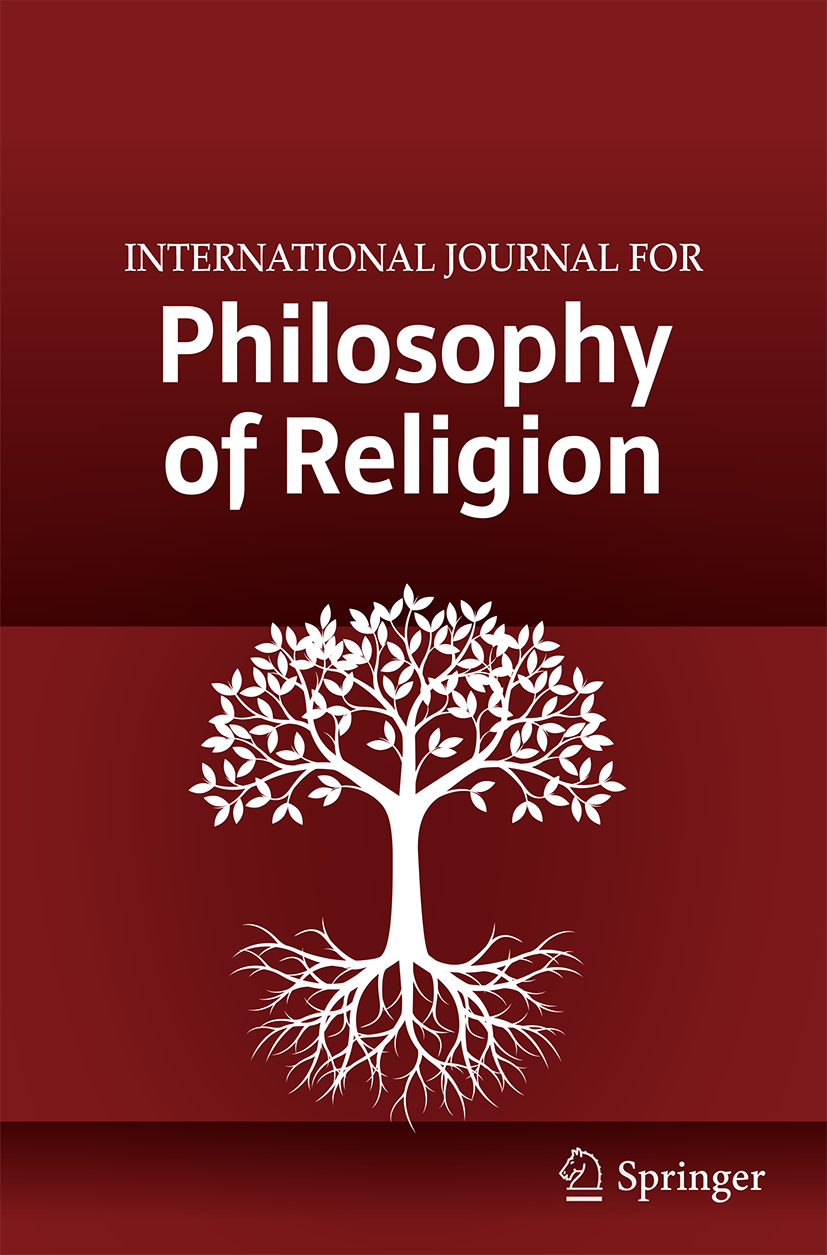V
Veritas6
Guest
Hello, what do you make of these common objections to the nature of God? I’m acquainted with Aquinas’ Five Ways, but it’s always good to get refreshed on some concepts:
What do you make of the thesis of secularization (against the “God-sized hole argument”):
- Can a perfect being create something? He has no needs or wants.
- Can an unchangable being create something? He cannot have changing intentions. He created at one time and now doesn’t have the intention to create a universe because He did it already. Why?
- Can an unchangable being be omniscient? (His knowledge can’t change) = what is true changes all the time (age for example)
- Can God be transcendent (nowhere in space) and omnipresent (everywhere in space)?
- Can God be transcendent (beyond space and time) and yet act in time? = He can’t be imminent in space and time
- Can God be omniscient and have free will? (He knows all the actions He will perform, so He can’t do otherwise)
- Is God all merciful (treat every offender with less severity than he/she deserves) and all just? (treat every offender with exactly the severity he/she deserves).
What do you make of the thesis of secularization (against the “God-sized hole argument”):
- Religion doesn’t provide existential security, but instead thrives on existential insecurity: poverty, ignorance, fear, instability, and risk. The poorest nations are the most religious.
- A society with existential security (stability, safety, education, healthcare, job security) doesn’t need God (Scandinavia for example).
- Start of the objection: It actually says life is meaningless with God = “whatever God does endures forever, nothing can be added to it, nor anything taken from it. God has done it, so people fear before Him.”
- He has already decided what your meaning & purpose will be. This is good for a sheep or a slave, but detestable to those who already have their own purposes.
Last edited:


